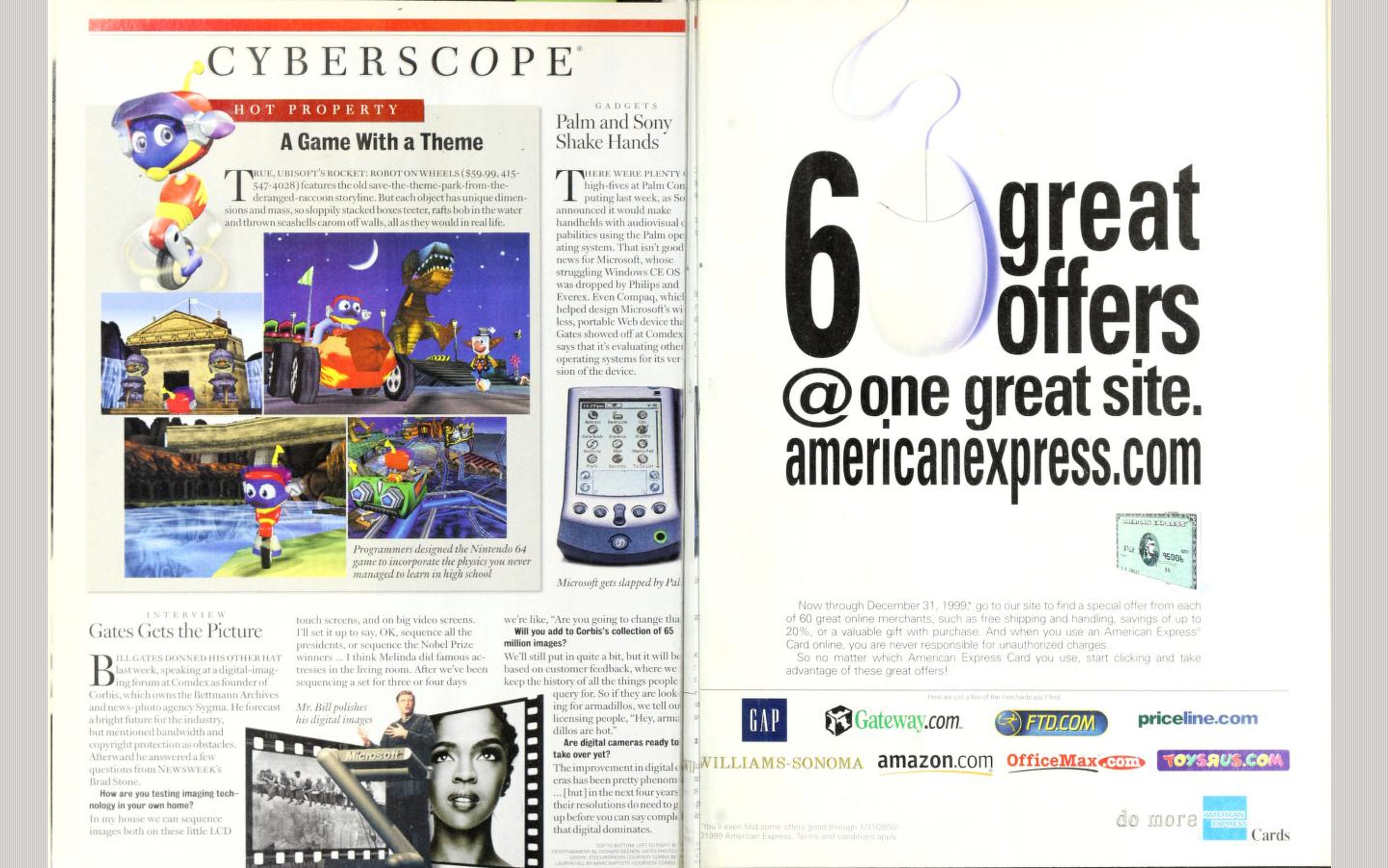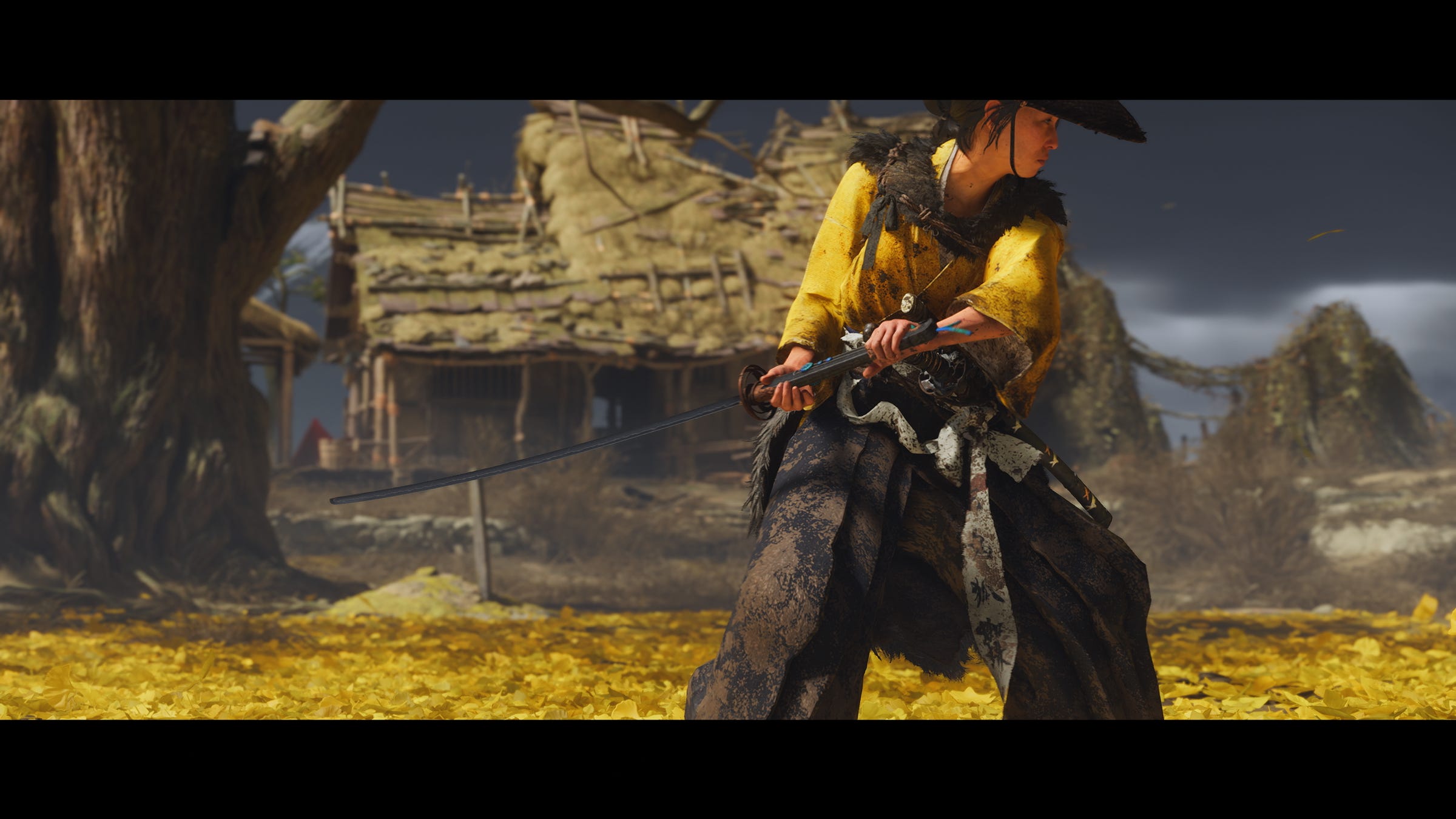The Sucker Punch interview
Ahead of PlayStation’s biggest release of 2025, Ghost of Yotei, I chatted with Sucker Punch studio co-founder Brian Fleming: talking Ghost, Sony deals, sequel-making and the elephants in the room
I’d wanted to interview Brian Fleming for a long time.
He maintains a relatively low profile for a co-founder of a studio that’s been making video games exclusively for Sony for a quarter century.
From 2002 through 2004, the Bellevue, Washington-based Sucker Punch Productions had released three beautifully animated PlayStation 2 cartoon heist games starring the thieving raccoon Sly Cooper.
From 2009 through 2014, across the PS3 and PS4, they released five gritty open-world urban super-hero games for a franchise they called InFamous. (Sony bought Sucker Punch in 2011.)
In 2020, Sucker Punch dropped Ghost of Tsushima, a late-PS4 13th-century samurai adventure that became their biggest hit, a Game of the Year contender that has sold over 13 million copies.
A sequel, Ghost of Yotei, is coming out on October 2 and is Sony’s marquee release for the holiday season.
But my affinity for Sucker Punch preceded all of that, because, for me, Sucker Punch = my first printed game review. That’s if you can call a 42-word blurb in the November 29th, 1999 issue of Newsweek a review.
Here’s the clip, about Sucker Punch’s debut game, their only non-PlayStation work, a Nintendo 64 exclusive physics platformer called Rocket: Robot on Wheels.

The entire text of that review:
True, Ubisoft's rocket: robot on wheels ($59.99, 415-547-4028) features the old save-the-theme-park-from-the-deranged-raccoon storyline. But each object has unique dimensions and mass, so sloppily stacked boxes teeter, rafts bob in the water and thrown seashells carom off walls, all as they would in real life.
There’s no actual byline on that Newsweek piece for me, which is probably fair, in terms of karma, since I neglected to name the studio that made the game. Just named the publisher and, uh, I guess we were required to include Ubisoft’s technical support phone number? (It’s disconnected now.)
Anyway, Sucker Punch has intrigued me for a while.
Their games are slick, fun and occasionally provocative. Their 2011 game InFamous 2, set in a flooded New Orleans, is as ripped-from-the-headlines as a major PlayStation game has ever been.
Last month, I figured the time was right and asked Sony if Fleming and I could talk. I was curious about Yotei but even more so about Sucker Punch and what makes the studio tick.
I’d heard great things. I’d also noticed that some of the top people at Sucker Punch had been working together for a very long time, maybe a hint that’d explain the studio’s long-term success.
In April, former PlayStation studios chief Shuhei Yoshida had marveled to me that Sucker Punch’s games, even pre release were “strangely bug-free” (meaning they didn’t crash) and “always felt great.”
So, Fleming and I finally got booked for an interview.
Earlier this week, across a half hour chat, Fleming and I discussed the two tries it took for Sucker Punch to forge a lasting partnership with Sony, and the give and take that he credits to it lasting so long.
Fleming and I talked about Sucker Punch’s flirtation with multiplayer game development. When I floated that Ghost Of Tsushima’s well-received multiplayer expansion Legends could have emerged from the well-publicized PlayStation push for their studios to make more live service games, he gently chimed in: “They never asked us to do anything.”
We talked about lessons learned from making so many sequels and why the studio maintains its rep for operating with relatively small development teams.
He explained why Yotei uses a new lead character and adroitly addressed the fact that this game’s Ghost is a woman, a fact that somehow became a subject of debate.
Awkward timing
This interview had long been scheduled for Monday, but a few day before we conducted it, Sucker Punch was in the news for an entirely unexpected reason.
As a result, our interview started with something different. On September 10, the famous, controversial conservative activist Charlie Kirk was assassinated while speaking at a college in Utah. Later that evening, Drew Harrison, an artist with about a decade of experience on staff at Sucker Punch, posted to social media: “I hope the shooter’s name is Mario so that Luigi knows his bro got his back,” a reference also to the alleged killer of a healthcare executive last year. As Kotaku would report, Harrison and Sucker Punch faced an online backlash from the “anti-woke” crowd, angered by Harrison’s joke. She was soon fired.
(Days later, responding to a fan’s anger at the studio over the incident, she wrote: “Sucker Punch is amazing & one of the last few bright shining lights in the game industry. I still support them and I cannot condone any animosity directed at them.”)
I figured Fleming wouldn’t talk about the firing, that I’d get a no comment. By September 15, the political and corporate reaction to people’s reactions to Kirk’s killing had become a major story—even more the case as the week continued, as it’d turn out. I couldn’t not ask about it.
“The facts are accurate,” Fleming told me.
“Drew's no longer an employee here. I think we're aligned as a studio that celebrating or making light of someone's murder is a deal-breaker for us, and we condemn that, kind of in no uncertain terms. That's sort of our studio, and that's kind of where we are.”
I said I was curious how you weigh a person’s 10-year run at a studio against a social media post, but a rep for Sony who was present for the interview (that’s normal) said they wouldn’t be commenting further.
We moved on.
I asked about Microsoft and why Fleming even wanted to get into video games back in the late 1990s.
Keep reading with a 7-day free trial
Subscribe to Game File to keep reading this post and get 7 days of free access to the full post archives.



